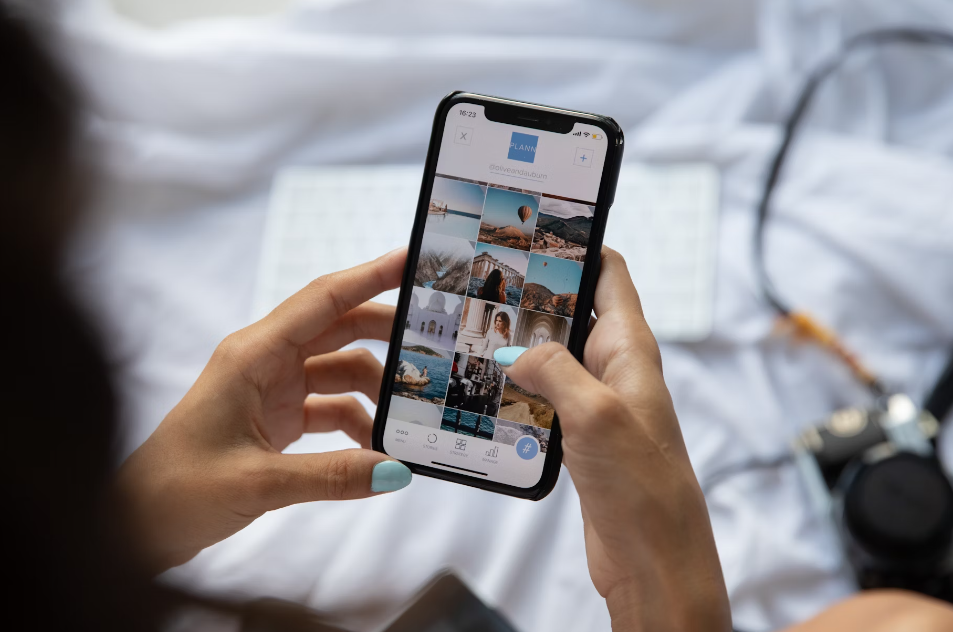In 2023, the mobile phone industry presents consumers with assorted choices in hardware. Four or three cameras or fingerprint or face unlock is a drop from the ocean to go for.
While options to select in hardware are a lot, when it comes to OS they are mainly dominated by two: Android and iOS. They have maintained this duopoly for about fifteen years now and I haven’t seen someone using another OS routinely.
Rarely I have seen anyone using Tizen or LineageOS. It’s the World of Android and iOS. Seems like it’s a child’s play to choose either of them but they are designed for two different types of consumers. Ones who like the freedom to install any third-party app on their phone and others who like to stay in the ecosystem.
Having said that, whether you select Android or OS, a reliable internet connection is a no-brainer for a fine experience of either. In that case, Spectrum provides one of the most sound internet connections in the States so you can endlessly enjoy your favorite shows on Netflix in 4k or play mobile games without internet lags.
Anyway, let’s dive deeper into the factors that can help you effectively choose the best mobile OS according to your needs.
User Interface and Usability
Before Apple rolled out the iOS 16 update, the difference between Android and iOS was more but now the gap between the two is shrinking.
Finally, iPhone users can feel some control over how they want their phone to look and feel in terms of software. The iOS 16 brought the ability for iPhone users to customize their home screen with easy-on-eyes backgrounds, widgets, and more. An App Library that organizes the apps and icons automatically. A different look for the already good iPhone.
While Android users can argue here that it’s not special and they have been customizing their mobile phones for more than ten years now.
Yeah, right. Customizability has matured in Androids but customization is one thing and the ease of use is another. That is when iOS takes the lead.
Apple’s iOS is much more sophisticated than Google’s Android. Less clutter and simplicity. While Android can offer you more features, it’s less likely that you’ll be using them every day. More features may make things complicated.
Sometimes you have to dig down in the menu to get to a setting you wanna change. Things get really messy when it has to be optimized for a sea of mobile phones from different manufacturers.
Apple surely is a game-changer when it comes to quality over quantity.
Adaptation of New Technology
So, here is the thing. The Android phone manufacturers are highly welcoming when it comes to new technologies. Apple is the quite opposite of it.
In the previous years, we saw Android phones adapting to the new tech as soon as they came out. For instance, Android used Qi (pronounced as Chee) wireless charging in 2015 with their Galaxy S6. Apple didn’t, until the launch of their iPhone 8 after two years of Samsung using it.
In like fashion, OnePlus was one of the early adopters of a high refresh rate display but Apple waited again before actually using it in their iPhone or any other device like iPads.
Apple does the things Apple way and the Apple way is to wait and let the technology get more mature rather than putting it right away after its launch.
This creates a difference and targets two different user bases. The ones who are tech enthusiasts and want cutting-edge tech in their devices ASAP. And the others would just prefer to use and enjoy the sophistication of devices without much of a hassle.
It comes down to you and your preference. If you want the newest tech in your phone then go with Android otherwise Apple does things the Apple Way that you may like. To stay updated on the latest technology trends and comparisons between Android and Apple devices, consider scanning QR codes embedded in tech review articles or videos. This QR code can provide quick access to detailed analyses and insights, helping you make informed decisions based on your preferences and priorities.
Let’s Talk Mobile Apps
Android and iOS have established a dualism. As said earlier they target two pretty different user bases that usually won’t adjust with another mobile OS.
Again, in the case of mobile apps iOS and Android follow disparate approaches. Android tends to be more open and you can install any 3rd party app, you just have to give the permission in the settings.
Apple’s iOS is in contrast. You cannot download or install any APK file on your phone. Even on the Apple App Store, the mobile apps that are available will only be published if they pass through the rigorous security test to ensure the end user’s safety which, by the way, is appreciated by some and literally hated by others.
Even though the apps are rather limited when compared to Android the optimization of apps is great in iOS.
There are literally hundreds of Android phones with different hardware specs. This diversity in hardware topped with the manufacturer’s own UI skins tends to make optimization an uphill battle for developers. This is why apps like Instagram or Snapchat work a little better on an iPhone than any other Android phone.
Summing Up
To wrap it up, it’s the choice between freedom and better optimization, the latest tech and simplicity, Android’s flexibility, and Apple’s ecosystem. I’ll say that again, in the end, it comes down to only what you want. Both Android and iOS are great in their own way. If you are not choosy then you’ll be fine with either, if not, we hope our comparison helps you make a better decision.




